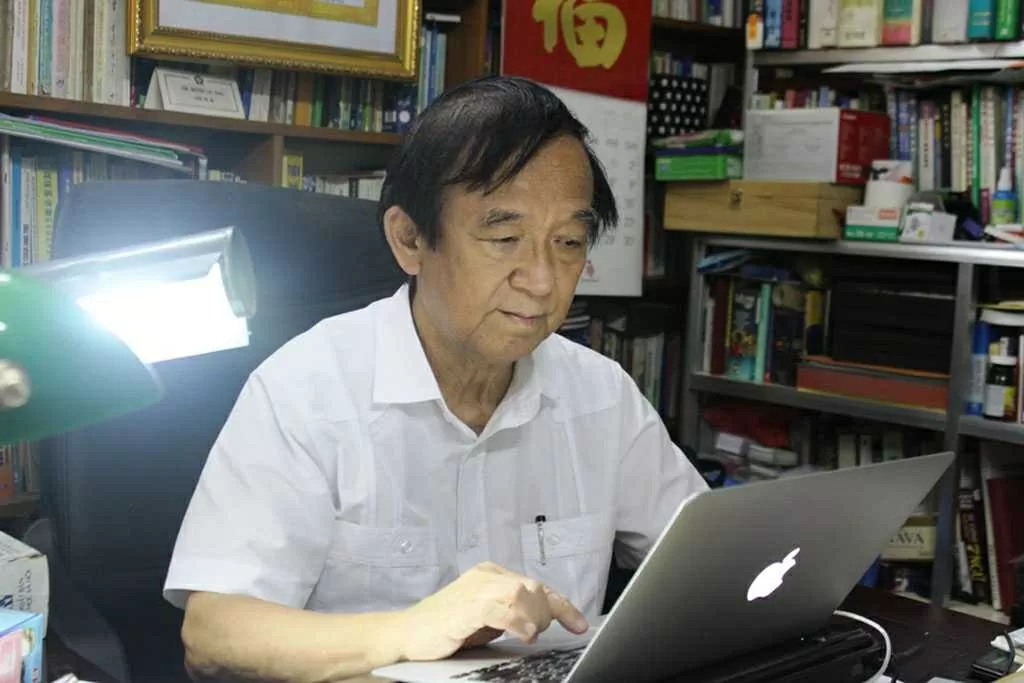 |
| Professor, People's Teacher Nguyen Lan Dung stated that the strong development of the green economy poses an urgent need for a workforce with knowledge and skills. (Photo: NVCC) |
For the first time, Vietnam will host the Partnership for Green Growth and the Global Goals 2030 (P4G) Summit. This is expected to be the largest multilateral summit on green growth to take place in Vietnam during the 2021-2026 period.
On this occasion, The World and Vietnam Newspaper quotes the perspective of Professor, People's Teacher Nguyen Lan Dung on the importance of developing high-quality human resources for the green economy.
Need high quality workforce
In the context of increasingly complex climate change, the green economy emerges as an inevitable model, aiming at harmony between economic growth, environmental protection and social equity.
Vietnam's economy is gradually shifting to green, environmentally friendly production to fulfill its commitment to achieving net zero emissions by 2050. In this process, businesses are in great need of human resources to transform technology.
The green economy is not just about the application of environmentally friendly technologies but also a comprehensive transformation in the way we produce, consume and manage resources. It includes diverse areas such as renewable energy, sustainable agriculture, waste and wastewater management, green transportation, green construction…
The rapid growth of the green economy places an urgent need for a workforce with the right knowledge, skills and attitudes. We need renewable energy experts who can design, install and operate solar and wind power systems; environmental engineers who understand advanced waste treatment technology; architects and engineers who can design and build green, energy-efficient buildings; and managers with a strategic vision for sustainable development.
 |
| Green jobs are becoming more and more popular in today's era. (Source: vneconomy) |
In the socio-economic development strategy for the period 2021-2030, Vietnam has identified the policy of "developing a green economy, low waste, reducing greenhouse gas emissions, low carbon; encouraging the development of a circular economic model to comprehensively and effectively use the output of the production process. Enhance the resilience and adaptability to climate change of the infrastructure system and the economy". Training human resources to correctly understand and act in accordance with the green economic trend will be the driving force to realize this goal.
Vietnam has made initial steps in promoting green growth, however, human resource preparation for this sector still faces many challenges, such as a shortage of highly skilled workers. New occupations in the green economy require specialized skills and knowledge that the current education and training system has not yet met. There is no close connection between training institutions and the actual needs of the green labor market.
At the same time, training programs in many schools are still theoretical, lacking practicality and not updated with the latest technologies and trends in the green sector. Both workers and employers are sometimes not fully aware of the opportunities and requirements of the growing green labor market.
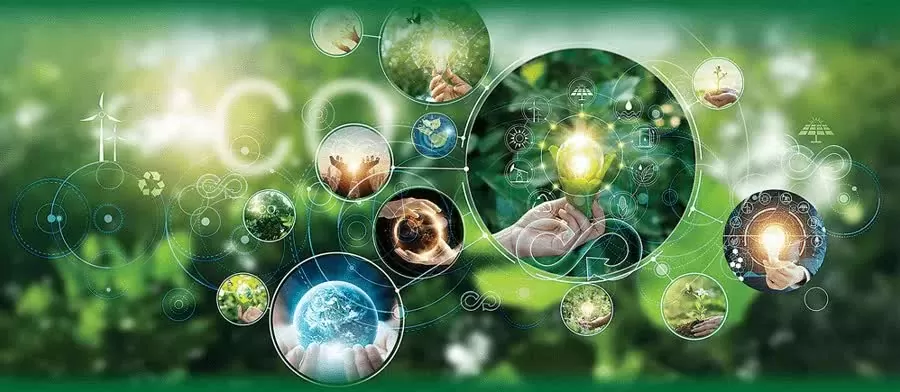 |
| Human resources and skills are the most important factors if we want to develop a green job market. (Source: vneconomy) |
Equip yourself with “green skills” to seize opportunities
Faced with this situation, Vietnam needs specific actions to better prepare human resources for the green economy. In order to meet the human resource needs of the economy, universities in Vietnam must change many majors to adapt and train human resources towards the goal of protecting the sustainable living environment. Review and update education and training programs. Integrate knowledge and skills on green economy, climate change and sustainable development into training programs at all levels, from high school to university and vocational training.
Training human resources for green economic sectors in Vietnam is an inevitable trend of future production. Therefore, facilities and teaching staff in this sector must be invested in, updated and changed flexibly. Enrollment targets always follow the shift of the labor market.
Human resources and skills are the most important factors if we want to develop a green job market. Therefore, training institutions need to grasp employment trends and the actual needs of businesses and industries to deploy green knowledge and skills training suitable for students and workers. In other words, there needs to be coordination and cooperation between the three “pillars”: training institutions – businesses – workers. Strengthen education for workers about the meaning and importance of green transformation. From there, help them regularly update new labor and employment trends.
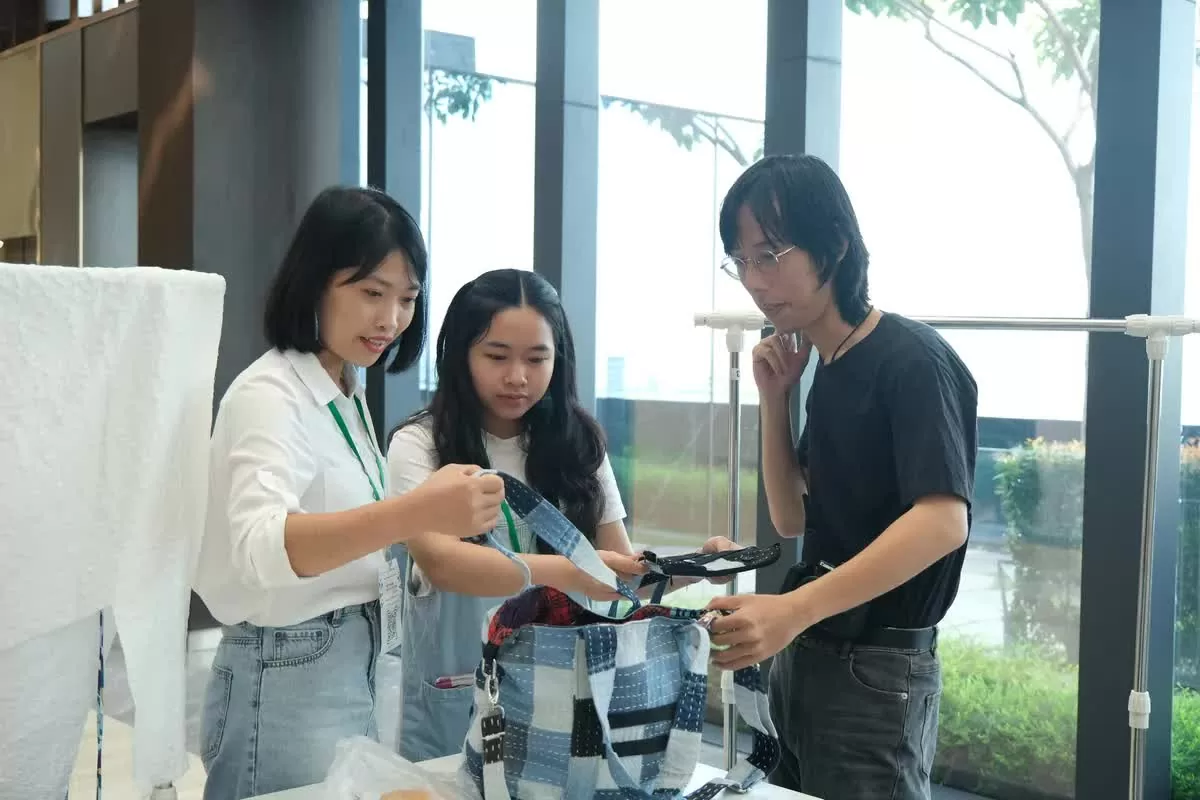 |
| Staff introduce fashion products made from recycled materials at an exhibition in Ho Chi Minh City. (Source: VTV) |
Importantly, lifelong learning and retraining of the existing workforce should be encouraged. Facilitate workers to update their knowledge and transition to green occupations through flexible training programs.
Workers should continuously improve their “green skills”, update new technologies or trends. In particular, green skills are soft skills and professional knowledge, values and attitudes necessary to develop and support a sustainable society, using resources efficiently. In particular, they need to focus on improving foreign language skills, soft skills such as analysis, critical thinking, management skills to work effectively. Most importantly, it is necessary to change awareness about sustainable development, behavioral culture, habits and daily actions.
In short, to seize opportunities and achieve green transformation goals, one of the most important factors is people. Vietnam, with a young workforce of more than 51 million people of working age, if well equipped and trained, will help solve the "problem" of high-quality human resources for the green economy in the future.
The fourth Partnership for Green Growth and Global Climate Change (P4G) Summit, hosted by Vietnam for the first time, will take place from April 16-17 in Hanoi. Sideline activities will begin on April 14. P4G currently has 9 member countries, including: Denmark, Vietnam, Korea, Ethiopia, Kenya, Colombia, Netherlands, Indonesia, South Africa and 5 partner organizations (World Resources Institute - WRI, Global Green Growth Institute - GGGI, C40 network - C40 cities, World Economic Forum - WEF and International Finance Corporation - IFC). P4G has gone through three Summits hosted by Denmark, South Korea and Colombia, aiming to promote public-private partnerships and create a coalition of political leaders to implement the Paris Agreement on climate change and the 2030 sustainable development goals. Hosting this year's Summit is considered an opportunity for Vietnam in general and Hanoi in particular to promote green tourism, strengthen relations with partners, mobilize resources for socio-economic development, respond to climate change and sustainable development of the country. |
Source: https://baoquocte.vn/nguon-nhan-luc-chat-luong-cao-chia-khoa-cho-nen-kinh-te-xanh-311006.html


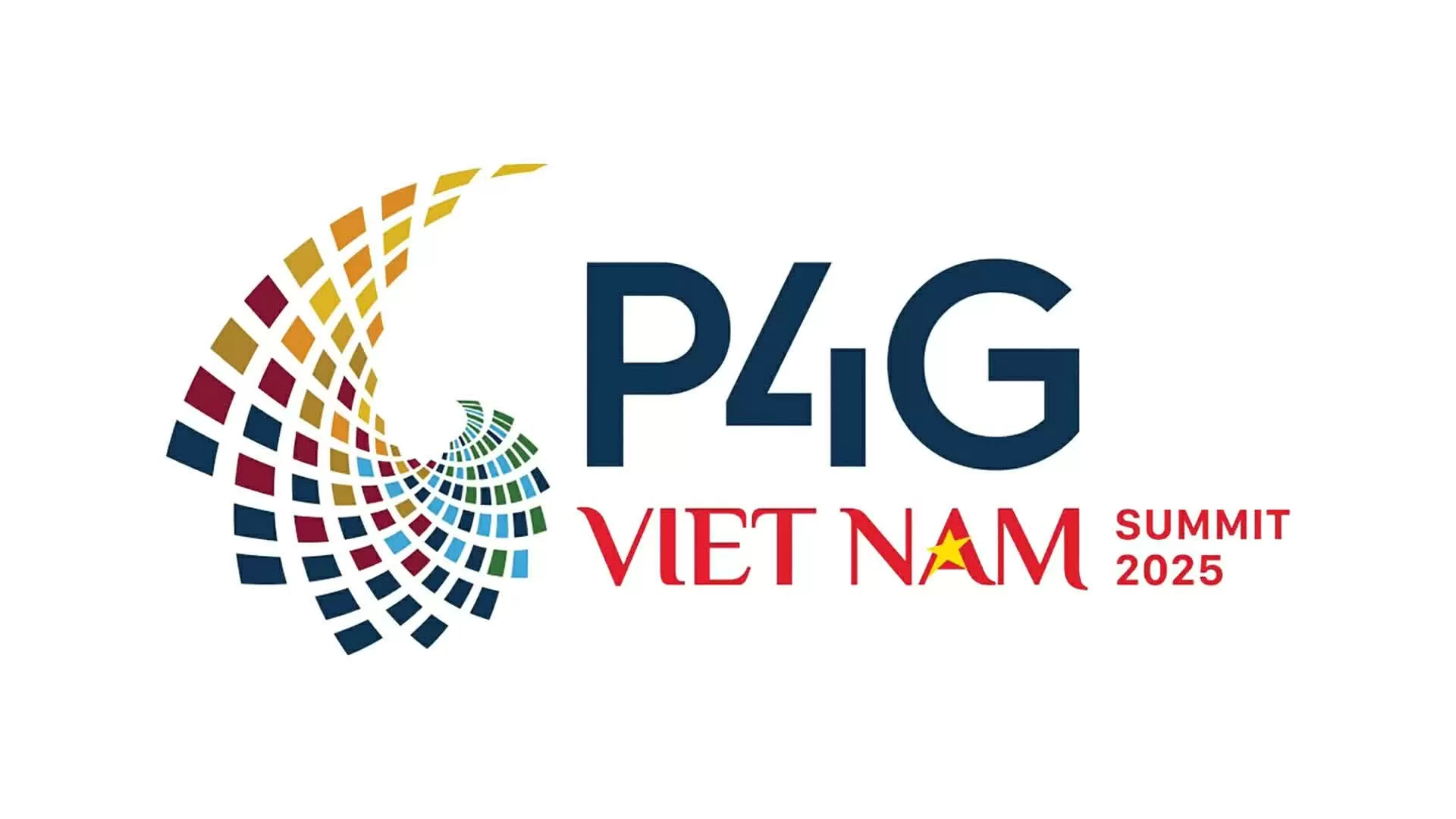
![[Video] 24-hour news on May 9, 2025: General Secretary To Lam officially visits the Russian Federation and attends the 80th anniversary of Victory Day in the Great Patriotic War](https://vphoto.vietnam.vn/thumb/1200x675/vietnam/resource/IMAGE/2025/5/10/5eaa6504a96747708f2cb7b1a7471fb9)


![[Photo] Ho Chi Minh City: Many people release flower lanterns to celebrate Buddha's Birthday](https://vphoto.vietnam.vn/thumb/1200x675/vietnam/resource/IMAGE/2025/5/10/5d57dc648c0f46ffa3b22a3e6e3eac3e)
![[Photo] General Secretary To Lam meets with Chairman of the Federation Council, Parliament of the Russian Federation](https://vphoto.vietnam.vn/thumb/1200x675/vietnam/resource/IMAGE/2025/5/10/2c37f1980bdc48c4a04ca24b5f544b33)


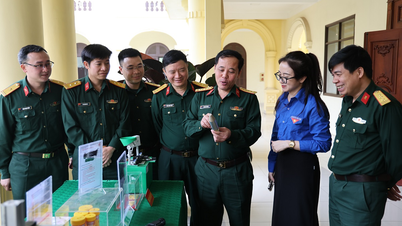



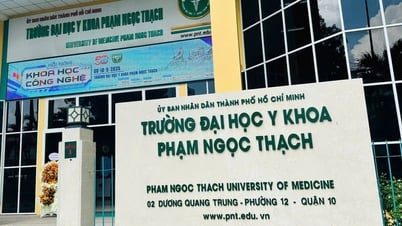





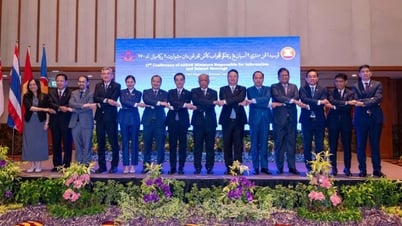





![[Photo] Russian military power on display at parade celebrating 80 years of victory over fascism](https://vphoto.vietnam.vn/thumb/1200x675/vietnam/resource/IMAGE/2025/5/9/ce054c3a71b74b1da3be310973aebcfd)





































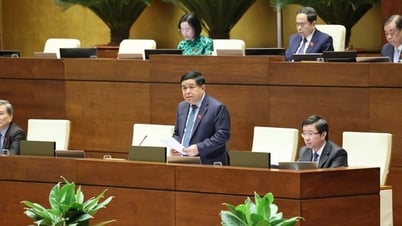

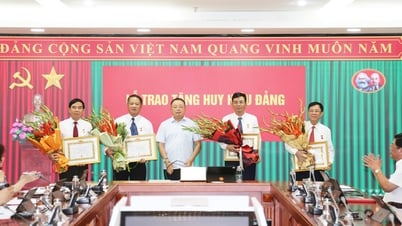

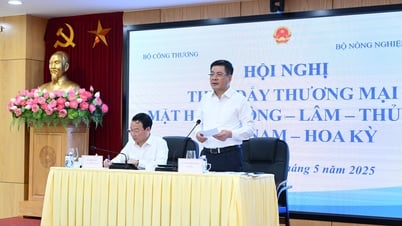


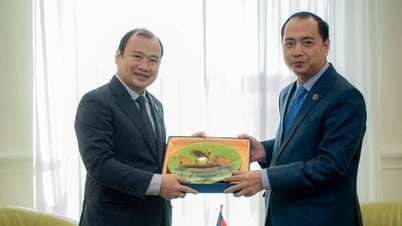
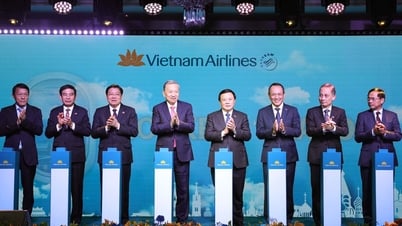

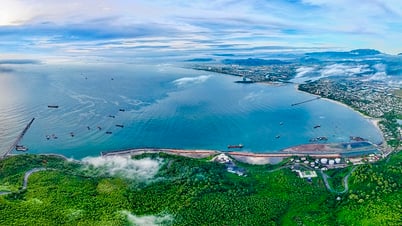







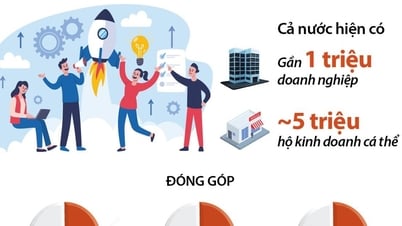










Comment (0)